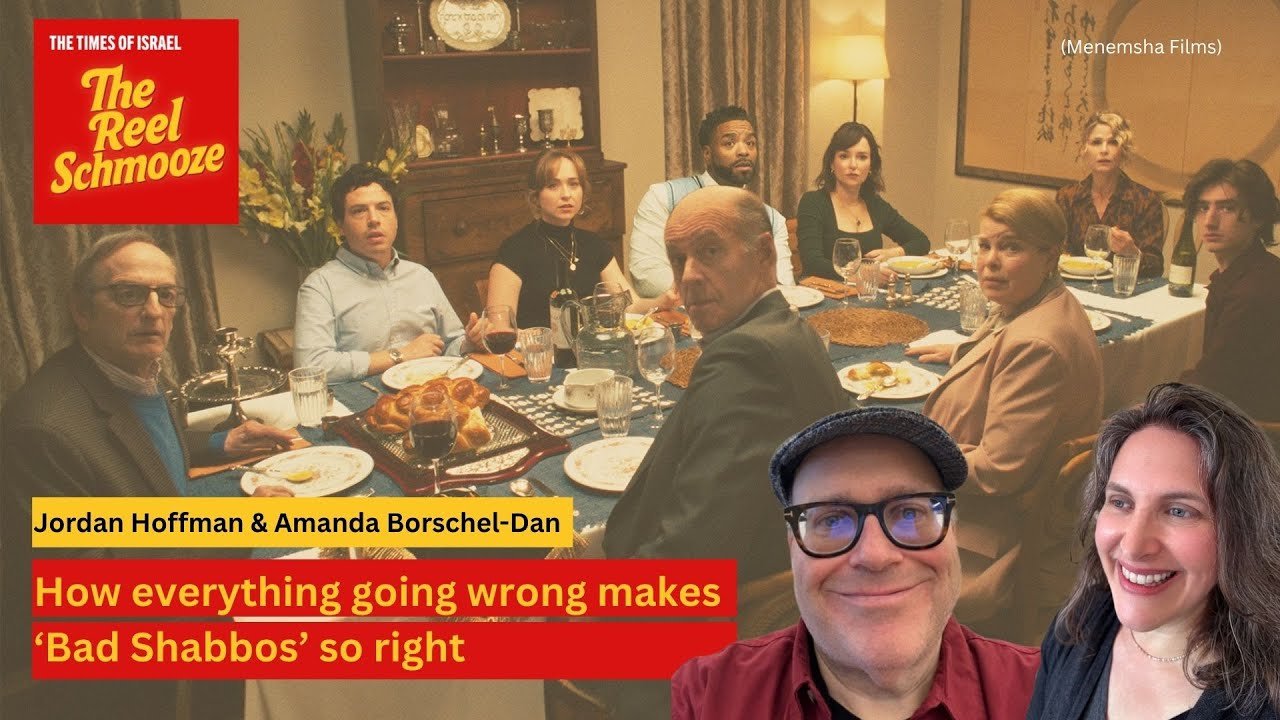How Jewish Innovators Shaped Modern Soccer—and the Hidden Stories Behind the Game
Soccer, known as football outside the U.S., is the world’s most beloved sport. But did you know that Jewish communities played a pivotal role in shaping the modern game? From introducing tactical brilliance to enduring anti-Semitism, their influence spans continents and generations.
The Unexpected Beginnings
While England invented soccer as an offshoot of rugby, it was Jewish passion and ingenuity that refined it. The Rothschild family, famed for their wealth, inadvertently introduced the game to Austria. English gardeners employed by the Rothschilds brought their love of football with them, playing on the estate’s lush lawns. Spectators were captivated, and Jews in Europe quickly embraced the sport.
Transforming the Game
Facing exclusion from non-Jewish teams due to anti-Semitism, Jewish players and thinkers did what they often do best—they innovated. In Vienna, Jewish intellectuals gathered in cafes, analyzing football with the same precision they applied to philosophy and science. They revolutionized the game, prioritizing possession, short passes, and strategic tactics over brute force.
This new style led to incredible success. Hakoah Vienna, a Jewish club, became Austrian champions. Under Jewish coach Hugo Meisl, Austria’s national team rose to prominence, defeating England’s West Ham in 1923—a landmark victory that sent shockwaves through the footballing world.
Anti-Semitism’s Shadow
Despite their achievements, Jewish players and teams were often vilified. The British press disparaged their innovative style as “effeminate,” contrasting it with the rugged masculinity they associated with traditional English football. When the Nazis came to power, Jewish contributions to the sport were systematically erased.
In Germany, Julius Hirsch, a star player for the national team, was murdered in a concentration camp. In Hungary, football legend Árpád Weisz and his entire family were killed in the Holocaust. The legacy of these athletes remains a poignant reminder of the cost of hatred.
The Jewish Influence on Brazilian Soccer
Jewish influence on soccer didn’t end in Europe. Holocaust survivor Béla Guttmann, a Hungarian Jew, became one of the most successful coaches in history. After escaping the Nazis, he moved to Brazil, where he introduced tactical strategies that became the foundation of Brazil’s iconic playing style.
Guttmann’s legacy includes winning back-to-back European Championships with Benfica in 1961 and 1962. Yet, his story remains relatively unknown, a testament to the quiet erasure of Jewish contributions to the sport.
A Hero Among the Darkness
Amid the rise of Nazi power, one non-Jewish footballer stood as a beacon of resistance. Matthias Sindelar, Austria’s greatest athlete of the 20th century, refused to play for the Nazi regime. He purchased a café from a Jewish owner, enabling the family to escape. When pressured to join the Aryan national team, Sindelar boldly declined, citing his retirement. Tragically, he was later found dead under suspicious circumstances.
Sindelar’s story serves as a powerful example of courage and solidarity, a reminder of those who resisted the tide of hatred.
The Legacy Lives On
Today, echoes of Jewish influence remain in soccer, often in surprising ways. Fans of clubs like Ajax and Tottenham adopt Jewish symbols and chants to counter anti-Semitism, showing that the fight against hatred transcends religion and nationality.
Soccer’s rich history is a tapestry of innovation, resilience, and courage. The contributions of Jewish players, coaches, and thinkers have left an indelible mark on the game, reminding us of the power of perseverance in the face of adversity.
Conclusion
The next time you watch a soccer match, think about the layers of history behind every pass, every tactic, and every victory. From the cafes of Vienna to the pitches of Brazil, Jewish pioneers transformed soccer into the beautiful game we know today. Their stories, though often overshadowed, deserve recognition and remembrance.










